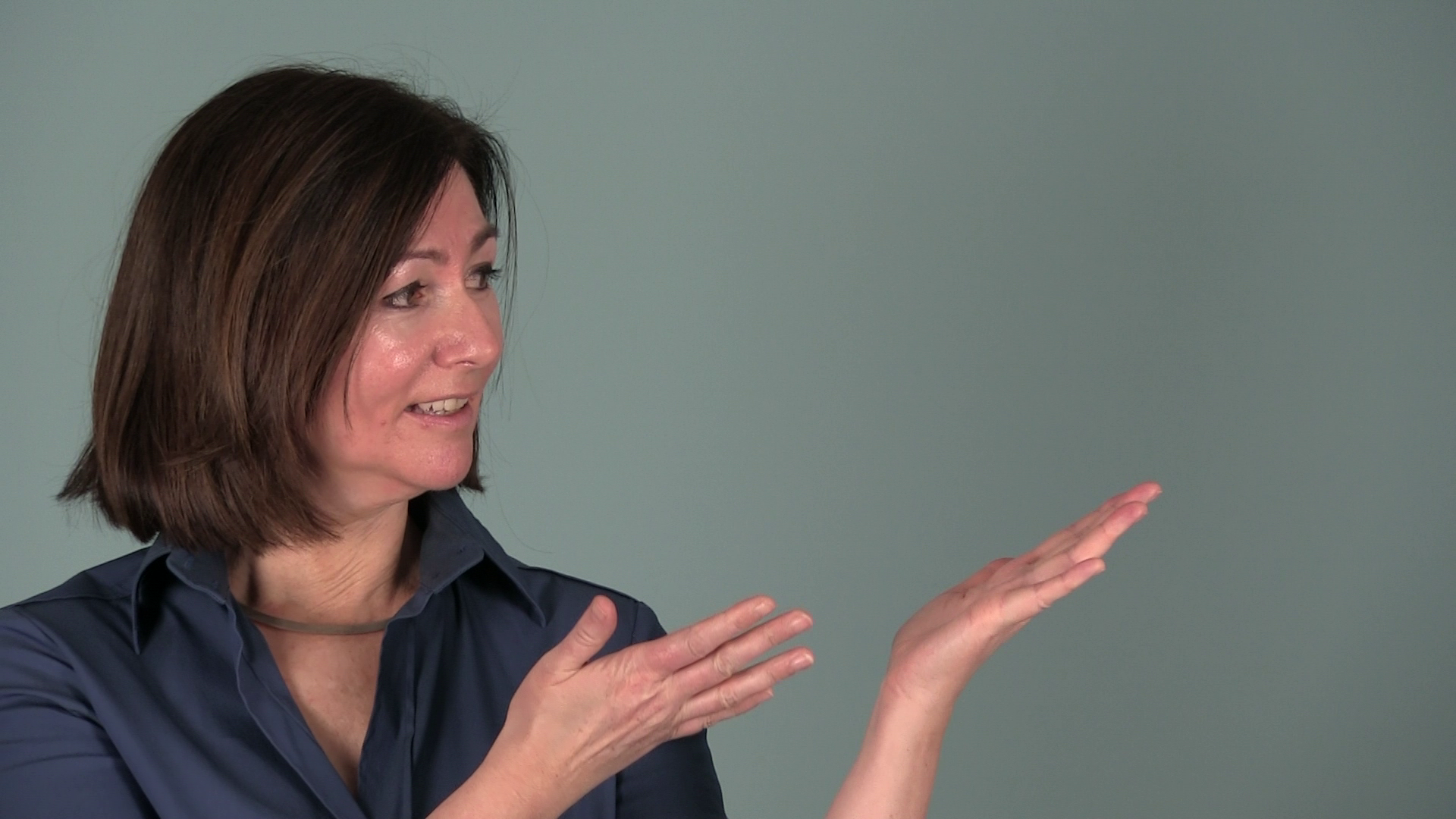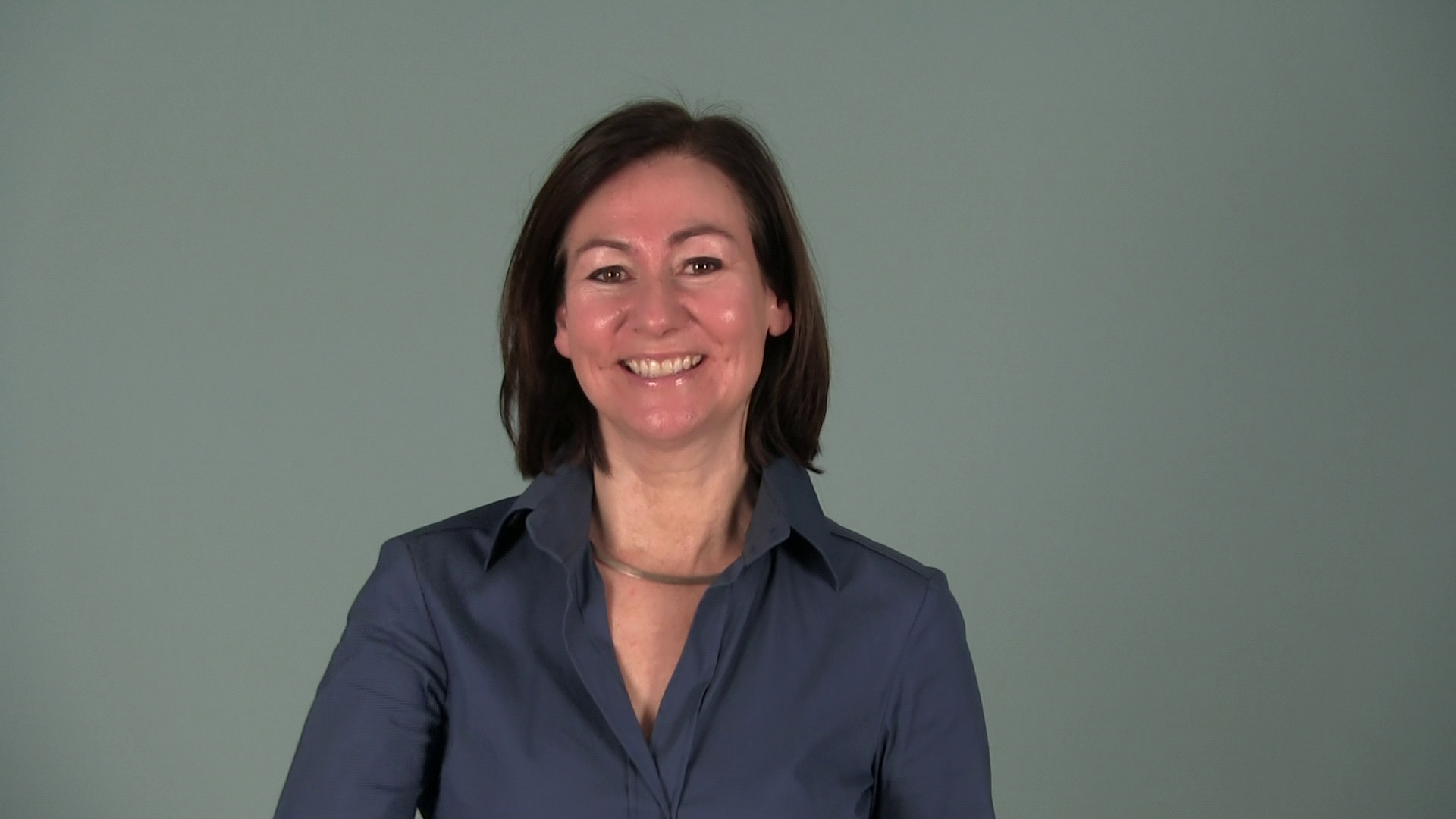This summer, I attended Joe Navarro’s master class. A former FBI agent who specialises in non-verbal communication. Today, he still provides training to the FBI.
In order to appreciate non-verbal communication, I shared three key points of interest last week. Now I discuss three tips from his hand.
1 View non-verbal communication within context
Of course, it starts with observing at that job interview and the introduction to the new client. Do you already do that? Really, or does most of your attention still go to what your interviewer is saying.
And then don’t forget to observe in context! If someone is sitting at the table and the sun is shining straight into his or her eyes. Then don’t be surprised if someone is squinting their eyes. The cause is clear and there is no need to analyse further at this point. Indeed, get someone to sit out of the sun. Only then can you continue looking.
2 Learn to decipher and recognise universal behaviour
Broadly speaking, you can use the following starting point here. Facial expressions, more precisely our micro-expressions, are universal. They are independent of culture.
With our body language, the situation is more complicated. Our body language is clearly influenced by our cultural background. In my workshop, I have some funny examples of the misunderstandings this can cause.
3 Ease versus Discomfort
The moment you start learning to recognise non-verbal cues, you will find that it is not immediately easy. Surprisingly, you unconsciously know how to recognise many non-verbal signals. And you also respond to them unconsciously. But then when you start paying conscious attention to them? Then it’s a different story.
Not to worry! Start with the following. Keep distinguishing between signals that stand for Ease (e.g. joy and relaxation) and signals that stand for Discomfort (e.g. dissatisfaction and stress).
It’s a start, I promise you!
So go ahead and start Looking instead of just Listening. There is much to discover.




